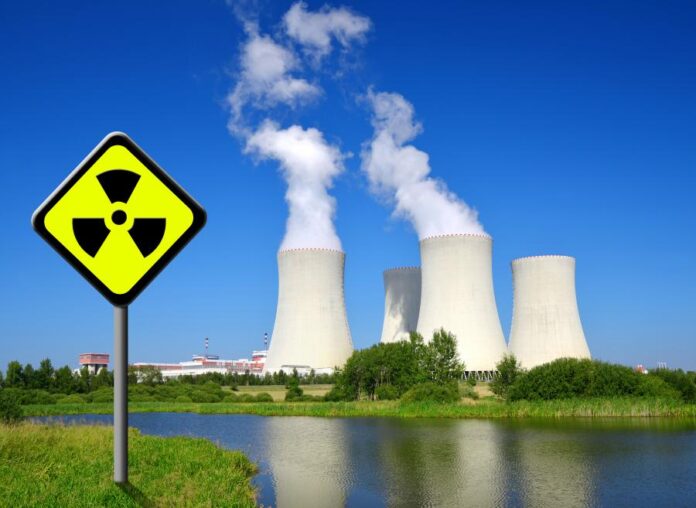By Kausar Arykhanovna
The idea of Uzbekistan building a nuclear power plant together with a warring Russia could arouse distrust in Western Europe and the United States, completely spoil the investment climate and lay an internal political time bomb in this Central Asian republic.
While Russian propaganda presents this deal as the “project of the century” and “a huge step towards energy independence,” analysts in the Western media are increasingly trying to determine what awaits this Central Asian republic after the implementation of it’s idea.
It is known that nuclear power plants will be built, but in Uzbekistan itself today there are no specialists with the appropriate qualifications in nuclear energy. And by choosing as a priority the interests of only one country in such an extremely important issue as nuclear energy, Tashkent is practically driving itself into nuclear bondage. What kind of energy independence can we talk about if all the controls of this strategic facility are in the hands of one country?
There is a growing misunderstanding of the situation within the country. According to a public opinion study conducted by the Institute of Strategic and Interregional Studies of the Republic of Uzbekistan, there is a steady increase in anti-nuclear sentiment in the country, including those related to the construction of nuclear power plants. And the point is not only that the decision to build a nuclear power plant was made without the consent of the people of Uzbekistan, that is, without taking into account the opinions of specialists and residents of the republic, without holding a referendum and the free expression of the people. In the widest circles of the republic, there is concern about the possible environmental consequences of a decrease in the water level in the Aidar-Arnasay system of lakes, which includes Lake Tuzkan, through which it is planned to ensure the operation and cooling of nuclear power plant reactors.
According to the researchers, due to the drop in water level and its aggressive composition, Tuzkan is not suitable for water supply to the station. In other words, from the very beginning of the project its safety is called into question, even when the human factor is denied. High seismic activity is an objective factor that can seriously affect the safety of the project. In this regard, the authorities of the Republic of Uzbekistan should think about moving the nuclear power plant construction site to a more favorable region.
In the National Security Concept of the Republic of Uzbekistan, the formation of a Central Asian regional system of environmental security is named as a top priority. However, in reality, everything looks quite alarming. The water resources of the upper reaches of the Syrdarya River on the eastern border of Uzbekistan with Kyrgyzstan are in the zone of increased environmental threat. In the area of the village of Mailuu-Suu there are dumps of off-balance uranium ores. As a result of landslide processes, waste warehouses were opened up, which flow into the Naryn River, and then into the Karasu, which flows through the Fergana Valley. Radioactive waste warehouses located near the villages of Kadamjai, Sumsar, Shekaftar, and Degmai are no less dangerous.
The waters of the Amu Darya are polluted by agricultural runoff and oil products from the territory of Turkmenistan and Afghanistan… In a word – a whole bunch of environmental diseases in a relatively small area. And the construction of a nuclear power plant will certainly increase all these risks several times!
And finally, to all of the above, one more real danger should be added – the nuclear power plant could become a target for terrorists and extremists, of whom there are a considerable number in this region, located next to the constantly warring Afghanistan. And the republic itself is not always calm. Well-known events in the Fergana Valley and regular border conflicts with neighboring states do not guarantee that the authorities will be able to maintain the situation in the event of emergencies at nuclear power plants.






